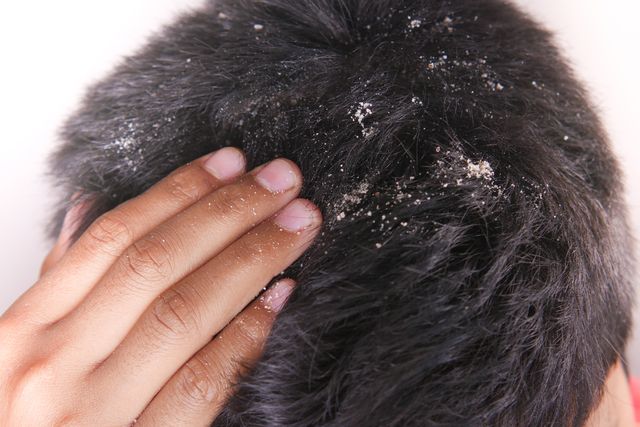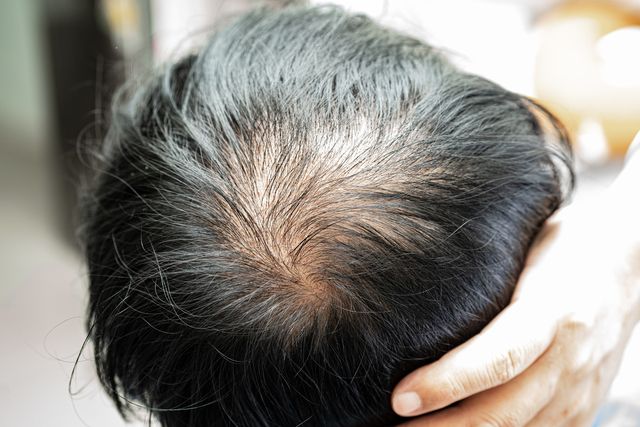TYPE OF PROBLEM THAT REQUIRE Scalp treatment
Scalp conditions

Dandruff
Fungal and bacterial infections, alongside other scalp inflammatory conditions like dandruff and seborrheic dermatitis, can significantly impact hair health, potentially leading to patchy or focal hair loss accompanied by scaliness.
These scalp diseases create an environment that disrupts the normal hair growth cycle, causing the hair to weaken and fall out. Recognizing and treating these infections early is crucial in preventing hair loss and maintaining a healthy scalp.
Treatments may include medicated shampoos, topical antifungals, or antibiotics prescribed by a healthcare professional, aimed at restoring scalp health and promoting healthy hair growth.

Excessive Oil Production
Excessive sebum production on the scalp can lead to an unpleasant odor, similar to body odor, which can significantly affect an individual’s self-esteem. If left untreated, the accumulation of sebum can clog hair follicles, leading to conditions such as folliculitis—an inflammation of the hair follicles often resulting from bacterial infection.
This inflammation not only poses a risk of infection but can also interfere with the hair growth cycle, preventing the emergence of healthy hair.
Addressing sebum build-up through proper scalp hygiene, regular washing with suitable shampoos, and seeking medical advice for persistent issues is essential in preventing folliculitis and supporting healthy hair growth.

Hair Loss
Hair loss, or alopecia, can manifest in both temporary forms, such as Telogen effluvium, and permanent forms, like androgenetic alopecia. The triggers for hair loss are diverse, including genetic predispositions, hormonal changes, underlying medical conditions, stress, the use of harsh chemical hair products, or simply the aging process.
While temporary hair loss may be reversible with timely and appropriate treatment, managing hereditary hair loss involves early intervention and consistent care to slow the progression and preserve existing hair.

